The efficacy of pumpkin seeds
Date of issue:2021-02-22 click:
Some of the smallest foods hold the most powerful properties for your health. A seed so tiny yet so powerful are this superfood. Pumpkin seeds are beneficial for the heart, bones, happiness and much more.
Pumpkin seeds are a good source of healthful oils, magnesium, and other nutrients that enhance the health of the heart, bones, and other functions.
Bone health
Pumpkin seeds are a good source of magnesium, which is important for bone formation.
High magnesium intake is associated with a greater bone density and has been shown to decrease the risk of osteoporosis in women after menopause.
Diabetes
Nutrients in pumpkins seeds may help protect against type 2 diabetes. Reactive oxygen species (ROS) play a role in the development of diabetes, and antioxidants may help reduce the risk.In one experiment, diabetic rats started to recover after following a diet containing a flax and pumpkin seed mixture.
The seeds are a good source of magnesium.
Studies have suggested that for every 100 milligrams (mg) a day increase in magnesium intake, the risk of developing type 2 diabetes decreases by approximately 15 percent.
A 100-gram (g) serving of pumpkin seeds can contain over 90 mg of magnesium.
Low magnesium levels can impair insulin secretion and lower insulin sensitivity.
Heart health
Improvement in lipid profiles has been seen with an intake of 365 milligrams of magnesium per day.Pumpkin seeds contain omega-3 and omega-6 fatty acids, antioxidants, and fiber. This combination has benefits for both the heart and liver.
The fiber in pumpkin seeds helps lower the total amount of cholesterol in the blood and decrease the risk of heart disease.
Research to date suggests that omega-3s can:
- decrease the risk of thrombosis and arrhythmias, which lead to heart attack, stroke, and sudden cardiac death
- reduce LDL, total cholesterol, and triglyceride levels
- reduce atherosclerosis, a fatty buildup on the artery walls
- improve endothelial function, a measure of circulatory health
- slightly lower blood pressure
Plant sterols and phytosterols are known to help reduce levels of “bad” LDL cholesterol.
Researchers carrying out a review of clinical trials concluded in 2013 that the combination of nutrients found in plant seeds can help protect the cardiovascular system and help prevent coronary heart disease and type 2 diabetes.
Weight loss and digestion
Other benefits of a diet that is high in fiber include:- helping maintain a healthy weight, because the individual feels full for longer after eating
- enhancing digestive health
The immune system
Pumpkin seed oil has a high content of vitamin E and other antioxidants.Vitamin E helps strengthen the immune system and maintain healthy blood vessels. The ODS recommend eating seeds as a source of vitamin E.
Insomnia prevention
Pumpkin seeds are a rich source of tryptophan, an amino acid.Tryptophan has been used to treat chronic insomnia because the body converts it into serotonin, the “feel-good” or “relaxing” hormone, and melatonin, the “sleep hormone.”
Having a few pumpkin seeds before bed, with a small amount of carbohydrates such as a piece of fruit, may be beneficial in providing your body with the tryptophan needed for melatonin production.
Pregnancy
Pumpkin seeds are a good source of zinc.Researchers have determined that every 100 g of pumpkins seeds contains 7.99 mg of zinc.
For male adults aged 19 years and above, the ODS recommend a daily intake of 11 mg of zinc and 8 mg for women.
The World Health Organization (WHO) estimate that over 80 percent of women worldwide have an inadequate zinc intake. Low levels of zinc alter circulating levels of multiple hormones associated with the onset of labor.
Nutritionists recommend additional zinc during pregnancy, as it is likely to improve health outcomes.
Zinc is also essential for normal immune function and prevention of uterine infections. All of these could potentially contribute to preterm delivery.
Antioxidant activity
Non-refined pumpkin seed oil is thought to offer antioxidant protection.This is due to its PUFA and lipophilic antioxidant content. Refining an oil removes or reduces these substances.
Antioxidants are considered to be “scavengers,”tasked with removing unwanted waste substances known as free radicals. If these substances remain in the body, there is a higher risk of a range of health problems.
Antioxidants have a wide range of uses, including reducing inflammation. One study, published in 1995, found that, in rats with arthritis, symptoms improved after taking pumpkin seed oil.
A German study, published in 2012, suggested that a high consumption of pumpkin seeds may be linked to a lower risk of breast cancer after menopause.
Skin and eye health
Pumpkin seeds are a good source of squalene, an antioxidant compound that is similar to beta-carotene.Squalene occurs throughout all body tissues, and it appears to play a role in protecting the skin during UV and other types of radiation exposure.
Animal studies have also suggested that squalene may play an important role in retinal health.
Squalene may also offer protection from cancer, but more research is needed to prove this.


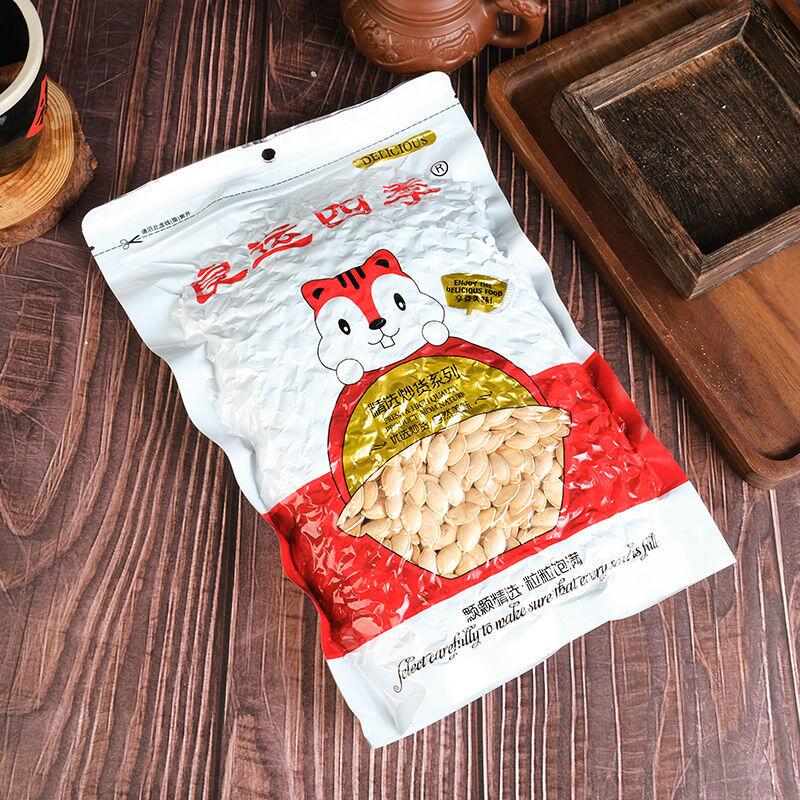
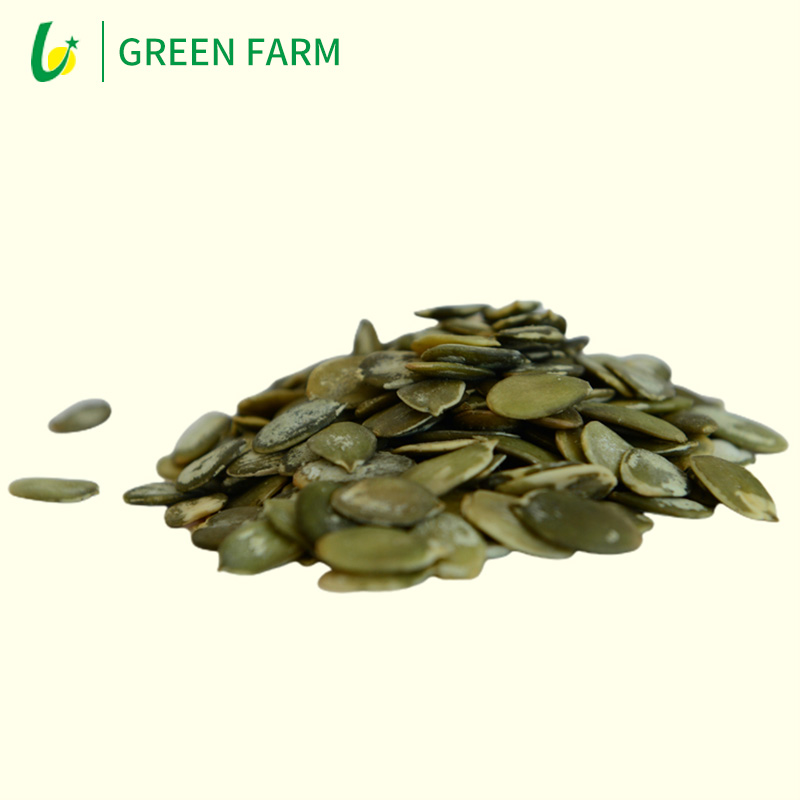
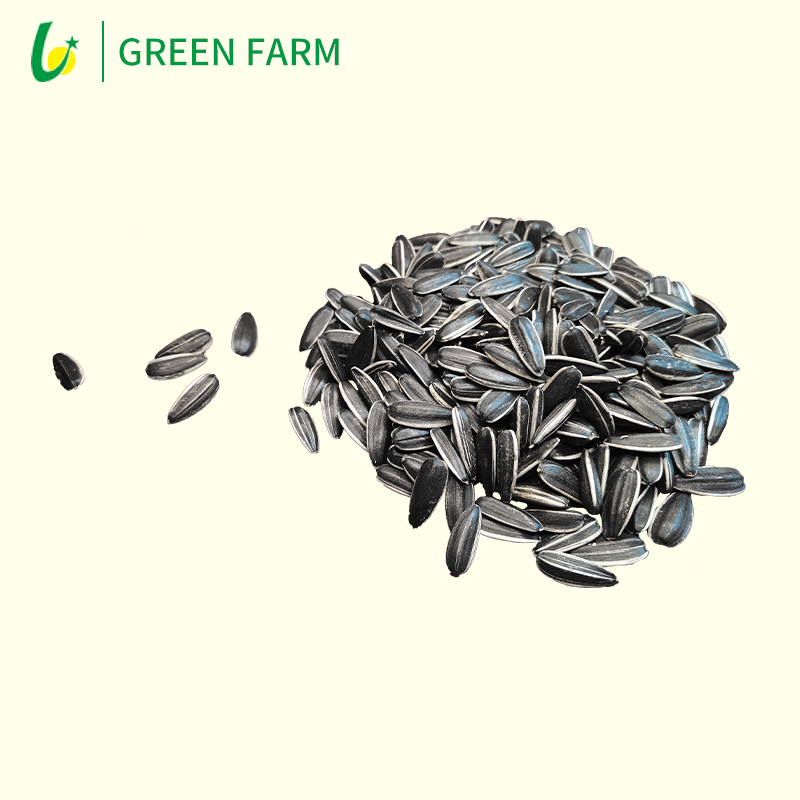
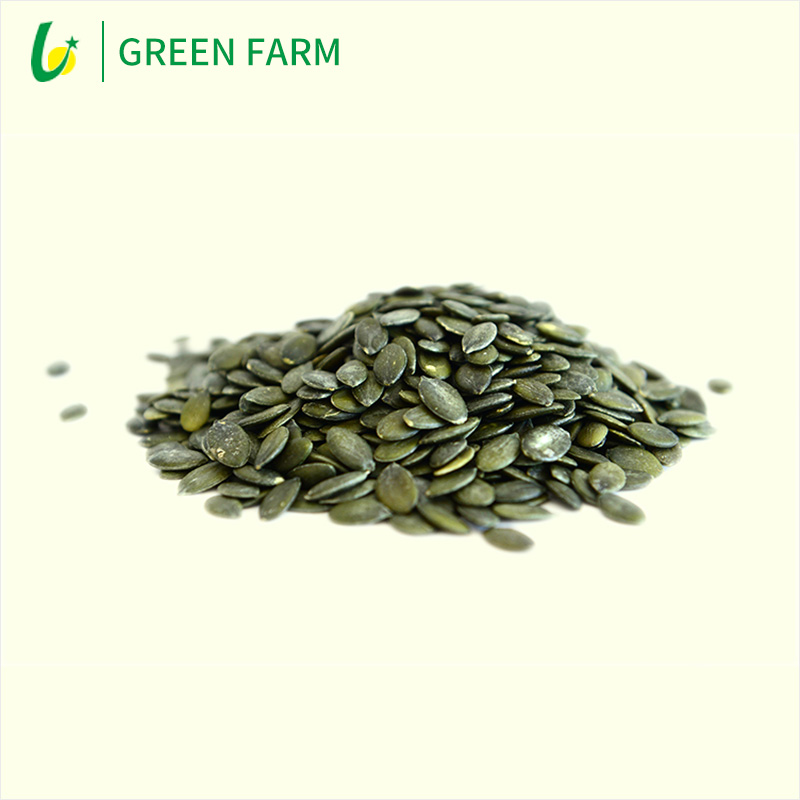
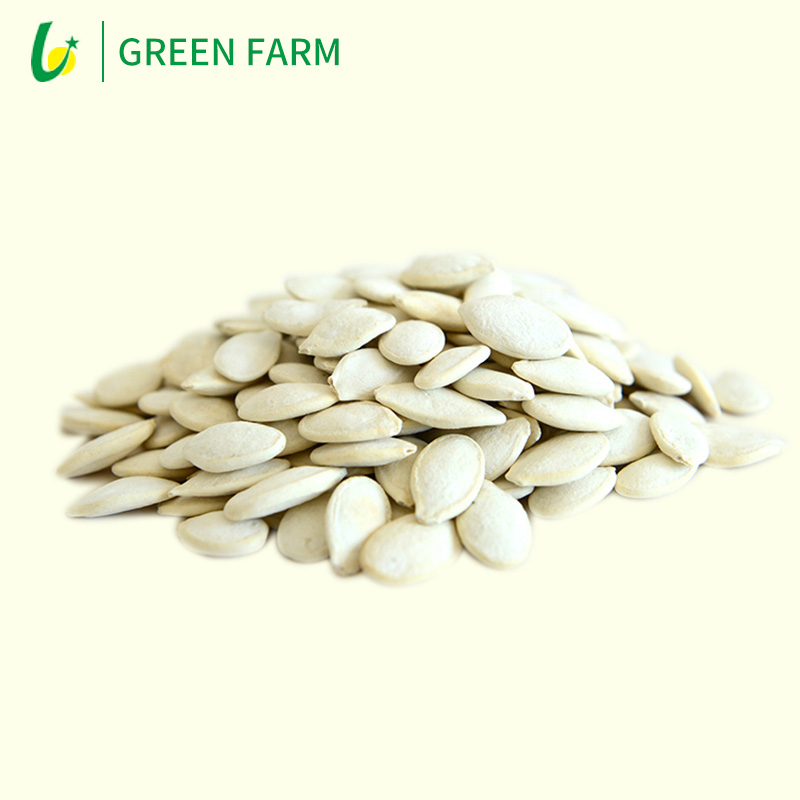
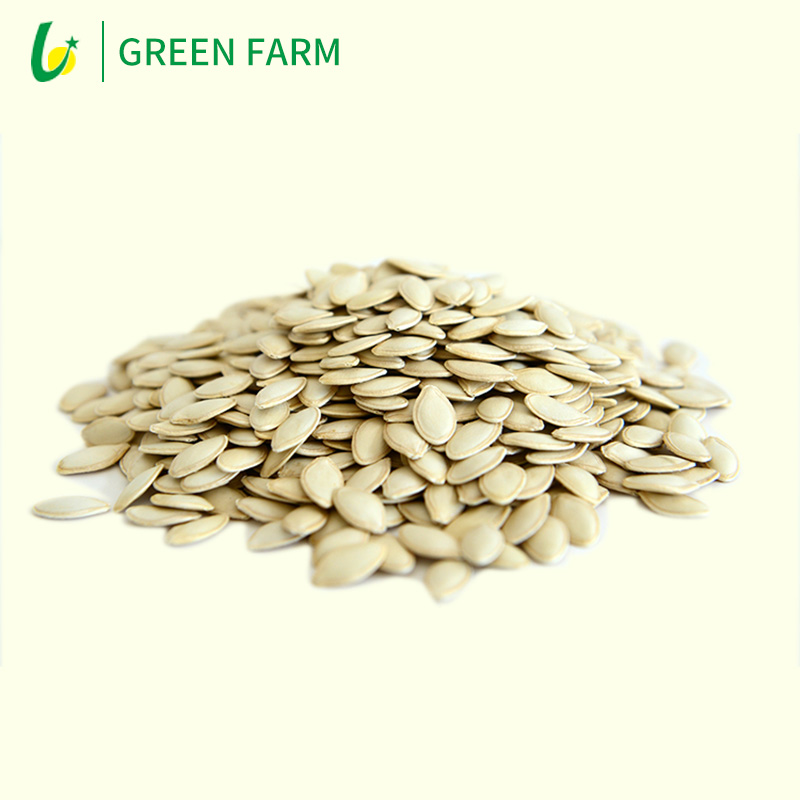
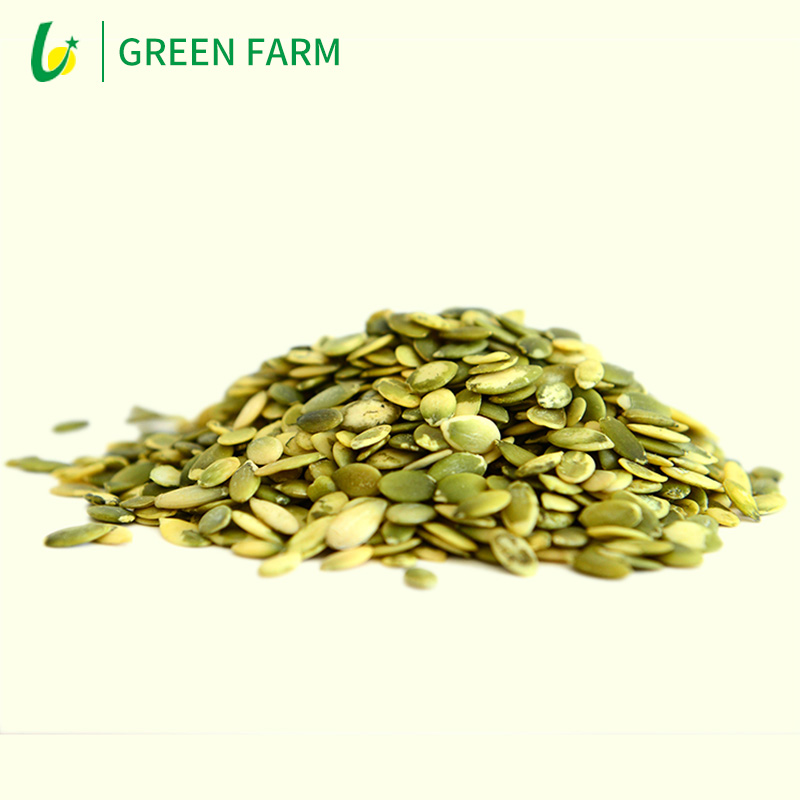
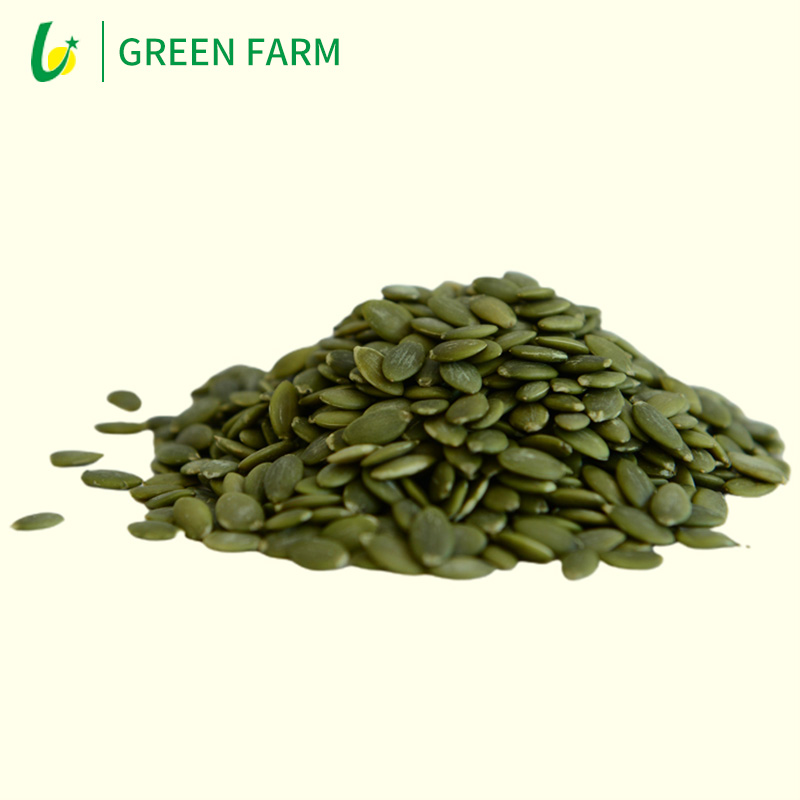
 Landline: 0086 411 82779887
Landline: 0086 411 82779887